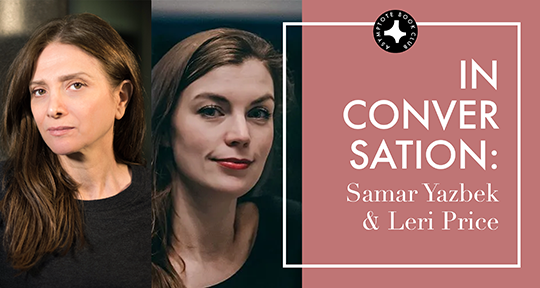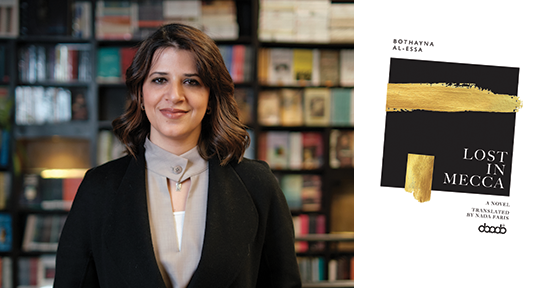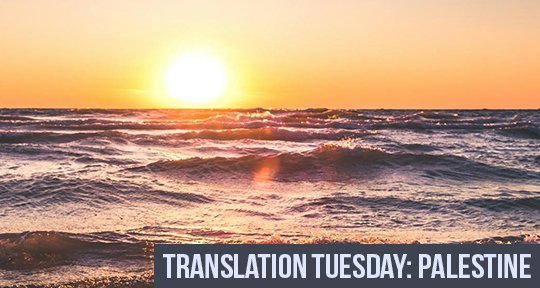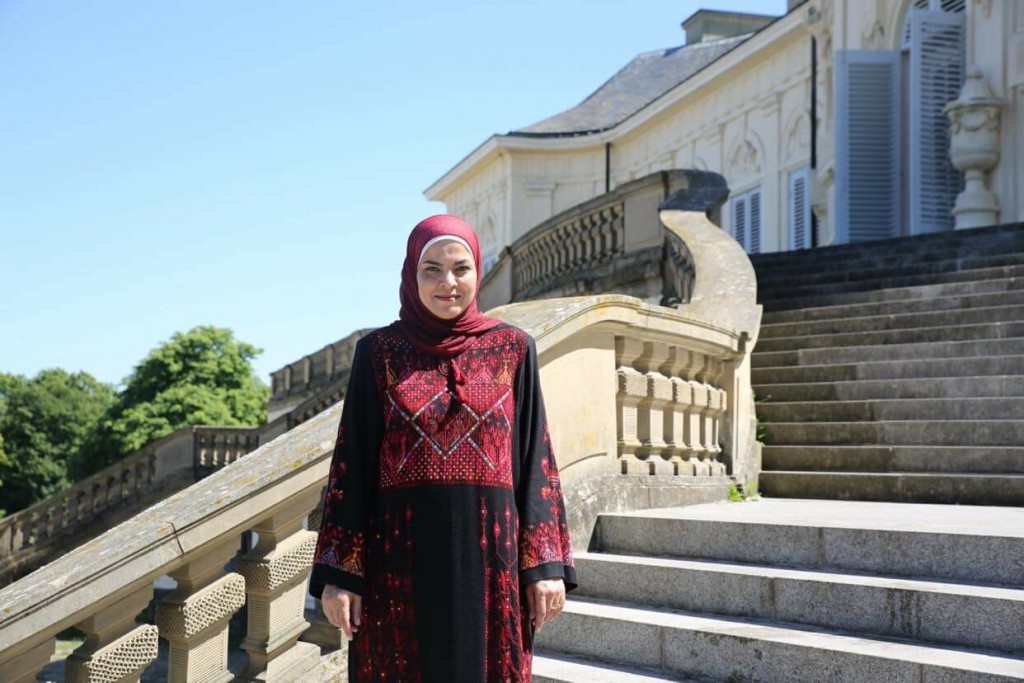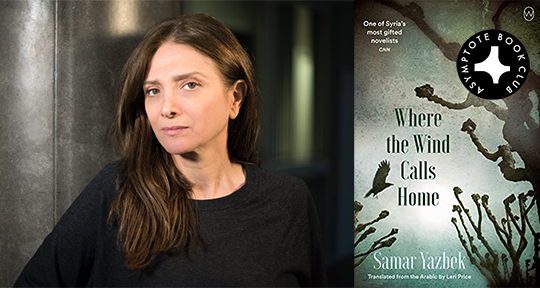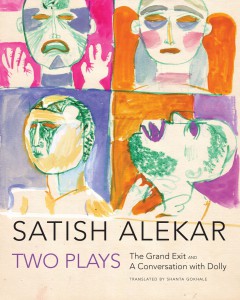As you read this, the writer Nasser Abu Srour is serving a life sentence at a maximum-security prison in the Negev desert—a fate he was assigned to after being accused of killing a Shin Bet agent during the Intifada of the Stones. During this series of uprisings and demonstrations, Palestinians protested against increasing Israeli state repression, casual harm, and military occupation. For Abu Srour, who had been born in a refugee camp near Bethlehem, the Intifada represented a previously unfathomable opportunity for life that was not delineated by exile, by humiliation, and by a ruling elite that became ever more comfortable with violence, detention, land expropriation, and illegal Zionist settlements. He, and the people who shared this vision of the future, were named the Generation of Stones: an appellation by which the writer builds an ever-growing significance of land, of possession, and of action. What is a stone in the hand, a stone thrown in the air, a stone used to lay a wall?
The Tale of a Wall, forthcoming from Other Press and translated with extraordinary finesse by Luke Leafgren, is Abu Srour’s luminous memoir, written during his incarceration. Within its pages, he conducts a ceremony with the silent structure that binds him, to tell the story of a people that has long been imprisoned by something much more complex and multifarious than a partition. Through miragic poetry, profound conviction, and a never-wavering eye towards a more lucid future, he substantiates the kind of freedom that only the trapped know of—the kind that is forged out of shared belief, the kind that must be achieved through common labour and public declaration. As demonstrated in this surging, fourth-person excerpt, the poet continues, even under isolation, to channel the pulse of a nation under siege.
The cares, interests, and concerns we choose to focus on say much about us. We grow larger as the interests within us expand, just as we grow smaller when they contract. Every interest that makes its home within us shapes us by determining the contours of our activities, our sleeping hours, what we celebrate around the breakfast table, the songs we listen to, the number of minutes we spend interceding with god, and the titles and prices of the books we buy. The things we defend and the things we love: those are what define us. They are the first things that we declare in the first sentence of introduction, during the first meeting with the first person who asks.
Alongside their own concerns, the generation of Stones chose to concentrate on other causes: occupied Arab lands whose rulers shrank from the idea of fighting to reclaim them; Arabs who kept quiet while homegrown thieves enshrined their defeats; nationalistic speeches written in foreign languages; billions of poor people surrounded by the hoarded wealth of the world; millions dying of hunger and reduced to numbers, statistics, and averages tucked into the back pages of newspapers in the important and influential capitals; child laborers and their godless taskmasters; cheap labor and even cheaper working conditions; women whose bodies are harassed by violating hands; a women’s movement that never gives up the fight; speeches to awaken a paralyzed masculinity. . . Between one demonstration and the next, between a martyr’s funeral and the burial ceremony, Palestinians still found time and emotion to weep over the grief of others. Upon our narrow walls, we made space to write the details of others’ suffering until the images and slogans mixed together and became a strange shrine to the existential dignity of suffering. The stones provided by that dignity contained enough hope to compensate for the extra measure of frustration and despair we embraced.
We spoke all the languages of pain. After rejecting prejudice regarding religion, color, or beliefs, our speeches expanded to embrace the entire planet Earth. Our naked, bleeding breasts exposed the lie about a barbarous East that needed the West to refine its primitive savagery. In our lexicon of dignity and worth, the pains of others had no color or smell that distinguished them from our own, for we identified with every speech that rebelled against injustice or supported the not yet triumphant. READ MORE…




